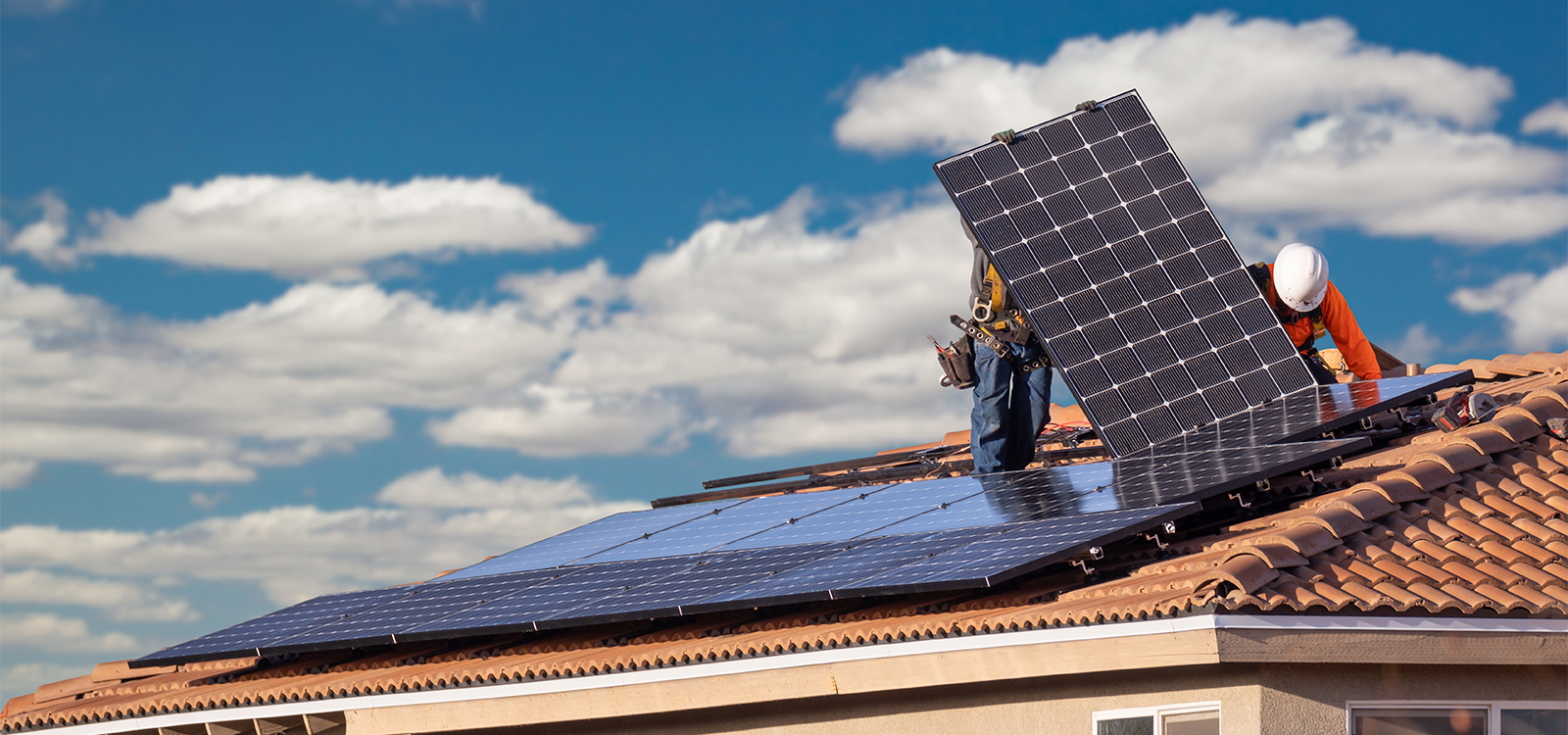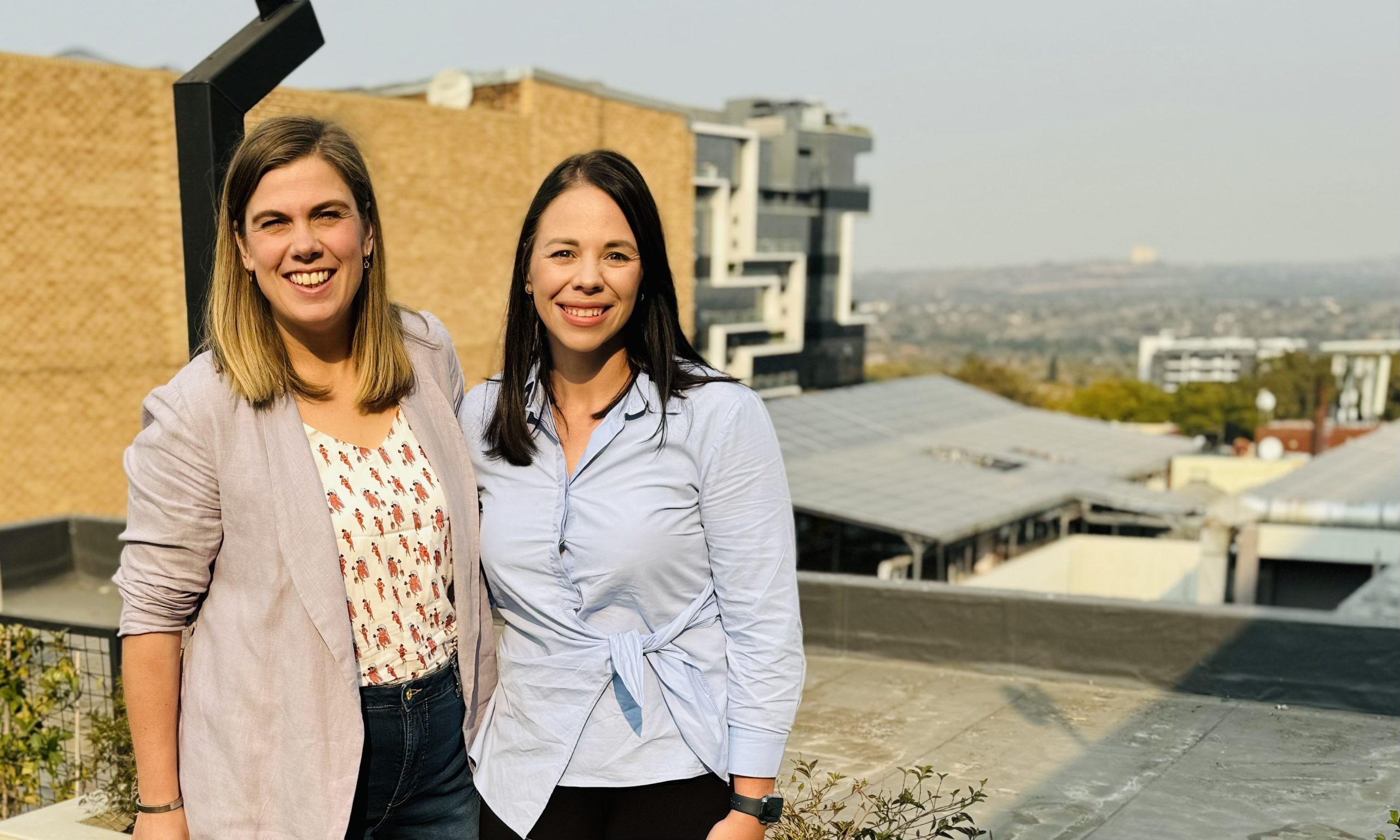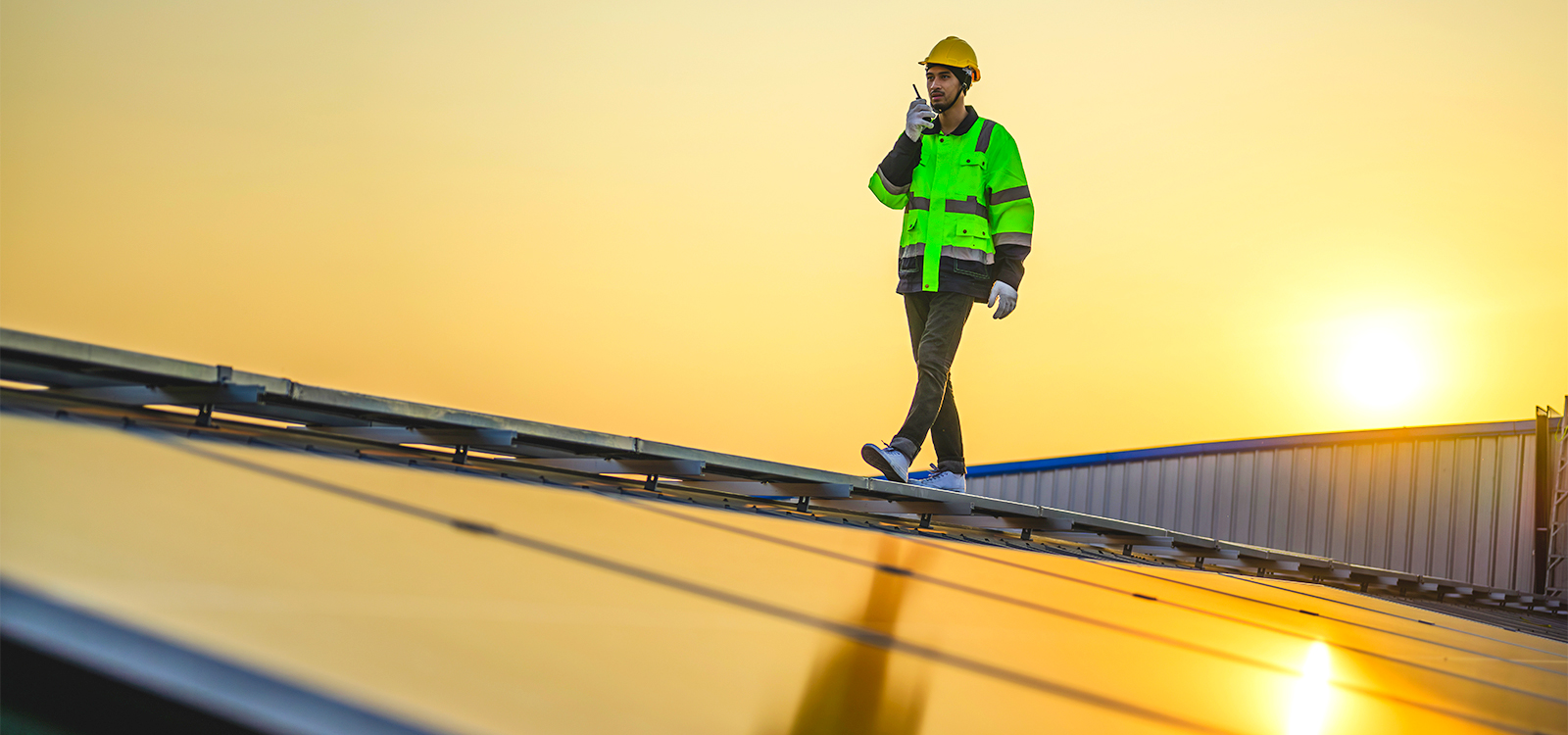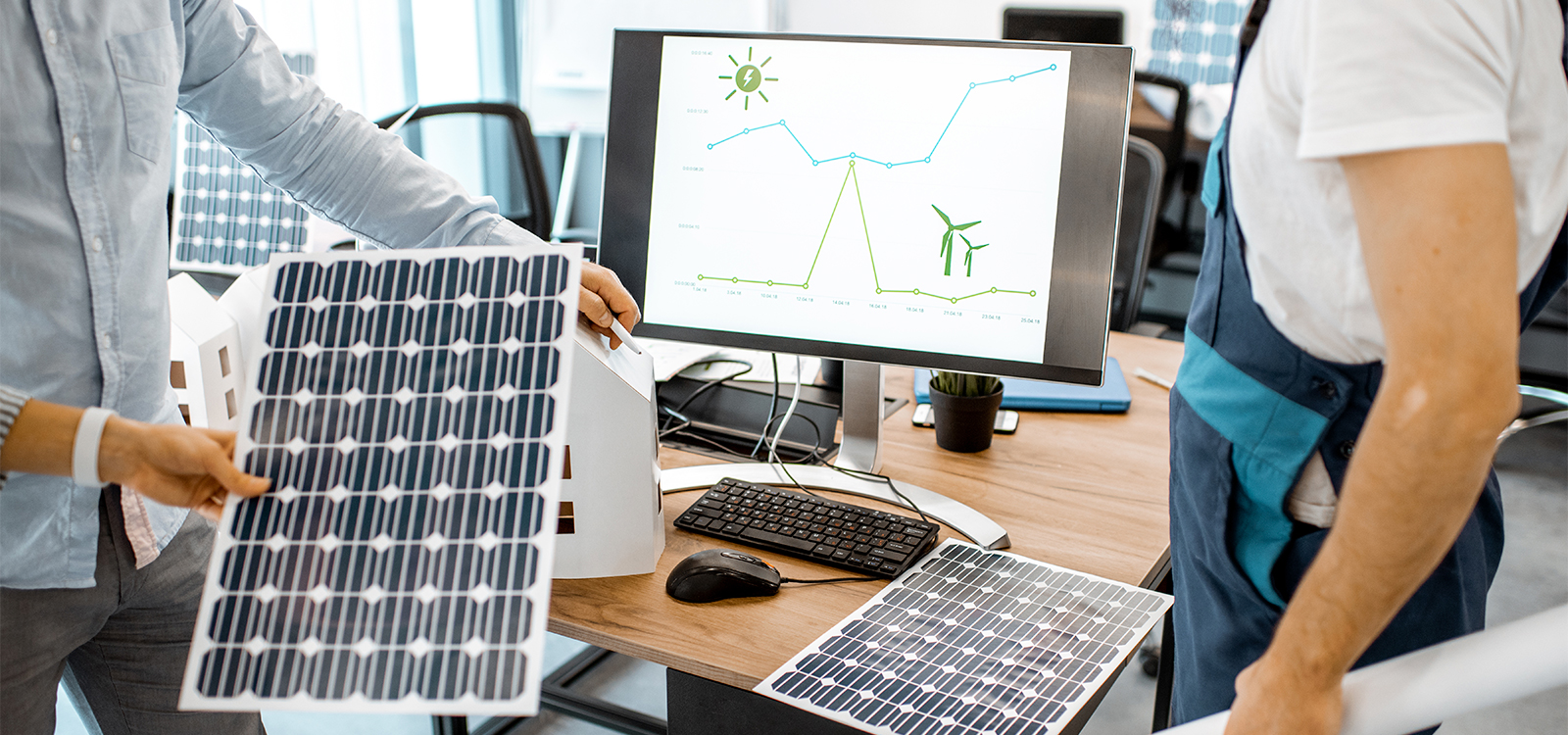Why investing in solar energy is investing in employment
Over-reliance on fossil fuels in South Africa is placing additional pressure on what is already the highest unemployment figure in the world. But not all is lost. In developing countries, renewable energy, particularly solar power, is making a significant impact on employment and access to energy.
The global picture
Solar power is believed to support the equivalent of 372,000 full-time jobs in parts of Sub-Saharan Africa and South Asia. In 2021, over half of these jobs (56%), were in rural areas. This means that solar power is creating jobs in places where they are often most needed. Additionally, 27% of these jobs were held by women, further boosting gender equality in these regions.
These employment opportunities stem from something called Distributed Renewables for Energy Access (DREA) systems. In simple terms, these systems involve producing energy from renewable sources like the sun or wind and distributing it to the communities that need it. About 150 million people worldwide benefited from DREA systems in 2019 alone (1).
Renewable energy is, therefore, not just about providing jobs. It’s also about improving access to energy which, in turn, creates positive social and economic effects. While global investment in renewable energy had been stagnant, the year 2021 saw a promising rebound with investments surging by nearly 10% to reach US$1.9 trillion (2).
Meanwhile, in South Africa…
As we all know, South Africa currently faces an energy shortage, nudging both industry and private residences towards alternatives to fossil fuels. Statistics provide proof of this shift: In 2018, 71% of the country’s energy came from coal, with just 7.2% from wind and solar, but by 2030, the forecast suggests coal will fuel just 43% of the country’s energy needs, while wind and solar will jump to 33.8% (3).
The struggle that businesses face with unreliable generation of electricity — particularly in recent years — has impacted their ability to provide job security for their workforce. In most cases, downtime and loss of productivity result in reduced profits which impact a company’s ability to pay employees. And in a country where unemployment is, at the time of writing, sitting at 32.9%, it’s imperative for businesses to protect their workforce. By investing in solar energy, organisations can, at least in part, generate their own electricity, thereby reducing their reliance on the grid and ensuring increased job security for their workforce.
Make solar energy Sosimple
By providing large-scale solar energy systems that require zero upfront investment and zero maintenance to industry across South Africa, Sosimple is providing cost-effective electricity that helps businesses stay in operation despite an unreliable public grid. We’re committed to empowering employment, one solar panel at a time.
Sources:
[1] Renewable energy can create about 231 400 jobs up to 2023. (Sep, 2021)
[2] World Energy Investment 2021.(2021)
[3] Current priorities for South Africa’s electricity policy. (Jun, 2021)



